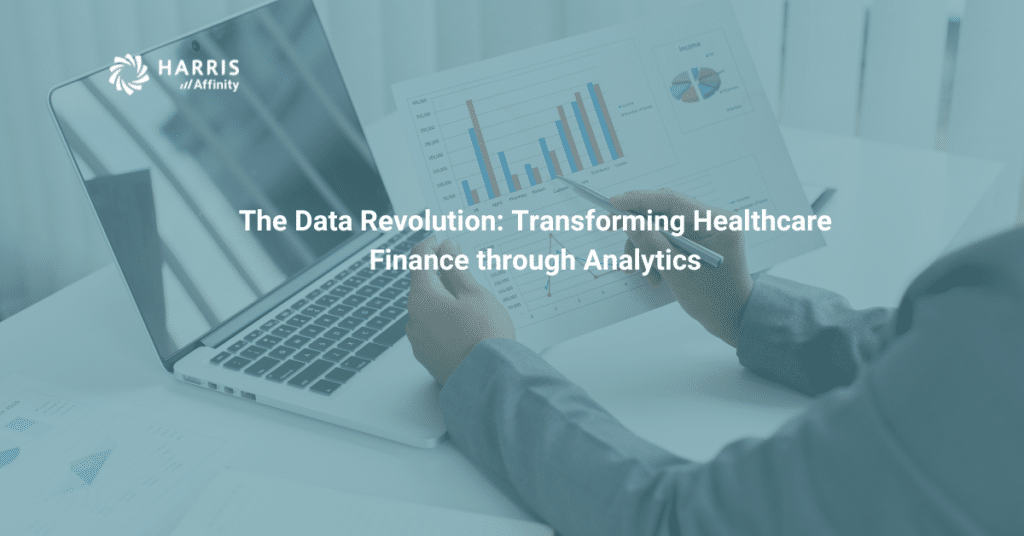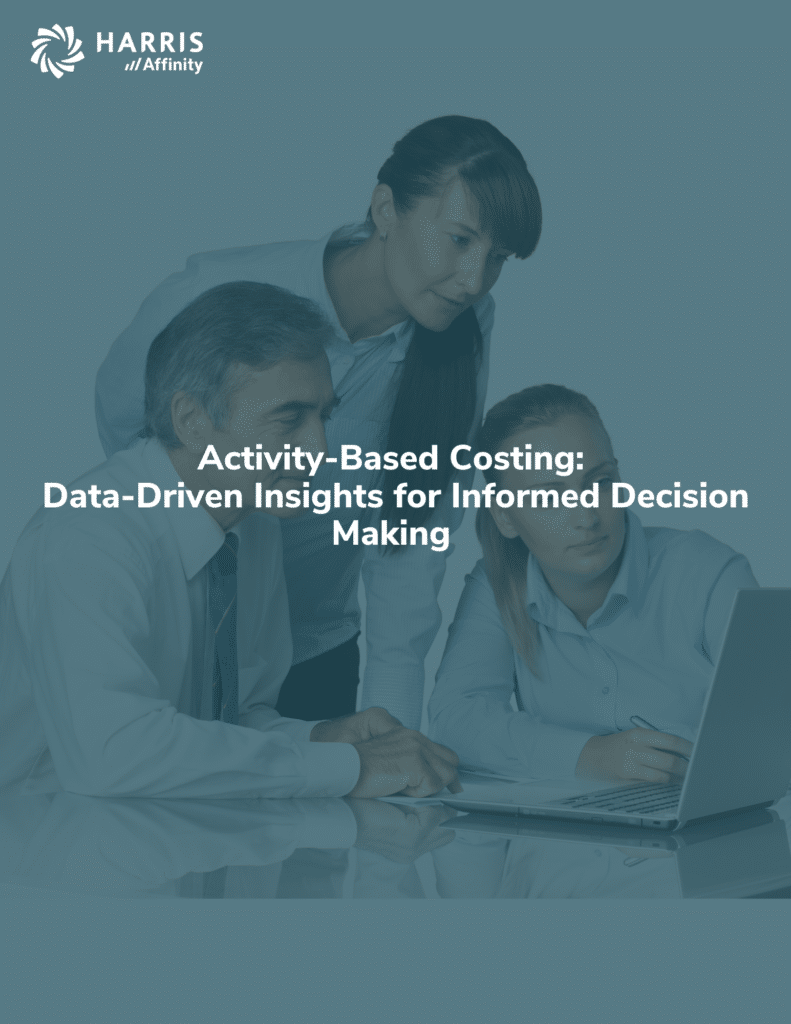The healthcare landscape is experiencing a monumental shift, driven by the ever-growing sea of data. This data revolution isn’t just transforming patient care but also the very financial foundation of the industry. With 42% of healthcare leaders planning significant investments in data and analytics, according to a recent survey published by the Sage Report, it’s clear: the time for action is now. This article delves into the transformative potential of data analytics for healthcare finance, exploring its impact on various aspects and outlining key considerations for successful implementation.
Franciscan Health Case Study: Leveraging Financial Data to Maintain Compliance
Harnessing the Power of Data in Healthcare Finance
Traditionally, healthcare finance operated reactively, relying on historical data and fragmented information. This often led to inefficiencies, missed opportunities, and reactive responses to financial challenges. However, the influx of data from electronic health records (EHRs), claims processing, patient engagement tools, and other sources is empowering a data-driven approach.
By leveraging advanced analytics, healthcare organizations can gain valuable insights into:
- Cost drivers and optimization opportunities: Identify areas of high expenditure and implement targeted interventions to reduce costs,
- Revenue cycle management: Streamline claims processing, optimize billing practices, and improve cash flow
- Risk prediction and mitigation: Proactively identify high-risk patients and tailor care plans to prevent costly complications, as demonstrated in this HIMSS case study
- Financial forecasting and budgeting: Develop accurate and data-driven financial models for informed decision-making, as discussed in this Deloitte insights piece
- Value-based care initiatives: Track and measure performance metrics to demonstrate the value delivered to patients and payers, in line with the American Hospital Association’s (AHA) recommendations
Impacting Stakeholders Across the Healthcare Ecosystem
The data revolution in healthcare finance is impacting various stakeholders within the ecosystem:
- Healthcare providers: Hospitals, clinics, and physician groups can leverage data to improve financial performance, reduce administrative burdens, and optimize resource allocation
- Payers: Insurance companies can use data to identify fraudulent activities, manage risk more effectively, and develop innovative payment models.
- Patients: Patients can gain access to their financial data and make informed decisions about their care, potentially reducing out-of-pocket expenses.
Montage Health’s Journey to Decision Support
Key Considerations for Successful Implementation
While the potential benefits of data analytics in healthcare finance are vast, successful implementation requires careful consideration of several key factors:
- Data infrastructure: Ensure robust data collection, storage, and access systems to support data-driven decision-making. This can involve cloud-based solutions or on-premise infrastructure, depending on your organization’s needs.
- Data quality: Implement rigorous data governance practices to ensure data accuracy, consistency, and completeness. This includes establishing clear data ownership, validation processes, and data cleansing routines.
- Analytics capabilities: Invest in the right tools and expertise to extract meaningful insights from diverse data sources. This may involve acquiring business intelligence tools, hiring data analysts, or partnering with specialized consultants.
- Change management: Foster a data-driven culture within the organization and empower employees to utilize analytics effectively. This can involve training programs, communication initiatives, and incentivizing data-driven decision-making.
- Privacy and security: Adhere to strict regulations and ethical considerations regarding patient data privacy and security. This includes complying with HIPAA and other relevant regulations, employing robust security measures, and obtaining informed consent from patients.
Looking Ahead: The Future of Healthcare Finance
The data revolution is still in its early stages, but its impact on healthcare finance is undeniable. By embracing data analytics and implementing the right strategies, healthcare organizations can achieve greater financial stability, improve operational efficiency, and deliver value-based care. Harris Affinity has built-in data verifications and reconciliations throughout the cost accounting process, ensuring that when Affinity Decision Support (ADS) identifies an opportunity, hospitals and health systems can trust its accuracy. ADS also supports a hybrid approach with advanced costing methodologies, which allows your organization to take advantage of the most granular and precise insights for each patient care area based on the data available. Montage Health used a hybrid approach and found a 15% variance in open heart surgery and other useful insights they were able to leverage. Schedule a discovery call with us today to learn how your organization can start to leverage financial data for better patient care.

